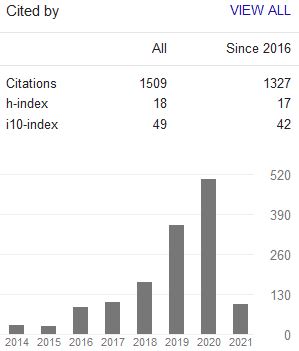الوسطية إزاء الراديكالية في الإسلام: السلوك السياسي لطائفة راديكالية من المسلمين في عهد حكومة رئيس الجمهورية الإندونيسية عبد الرحمن واحد
Abstract
This article offers a brief account of the political turmoil which led to the abdication of President Abdurrahman Wahid. President Wahid faced serious challenges, particularly from his traditional opponents, the Muslim militants. They made efforts to deligitimize his government using street protests, provocative talk shows and writings which enabled them to create political unrest during Wahid’s short-lived government. The Muslim militants eventually thought that Wahid did not deserve political support from the Muslim community due to his controversial views. The political feud between Wahid and the militants actually is not as simple as it appears. The two belong to different “religious schools of thought”; the former represents contextual ways of thought, and the latter supports textual mindsets. While the first opens a space to dialogue between texts and contexts, the latter follows a one-way path, applying literally what has been stated in the prophetic and scriptural texts.
Keywords
Islamic radicalism; Muslim militants; political behavior; contextualism; textualism
Full Text:
PDFDOI: 10.15642/JIIS.2007.1.2.403-419
Refbacks
- There are currently no refbacks.
Indexed by:
Journal of Indonesian Islam (ISSN 1978-6301 and E-ISSN 2355-6994) is published by the Postgraduate Program (PPs) and the Institute for the Study of Religion and Society (LSAS), State Islamic University (UIN) of Sunan Ampel Surabaya.
Journal of Indonesian Islam by http://jiis.uinsby.ac.id/index.php/JIIs/index is licensed under a Creative Commons Attribution-ShareAlike 4.0 International License.
Copyright ©2020 State Islamic University (UIN) of Sunan Ampel Surabaya. Powered by Public Knowledge Project OJS.







